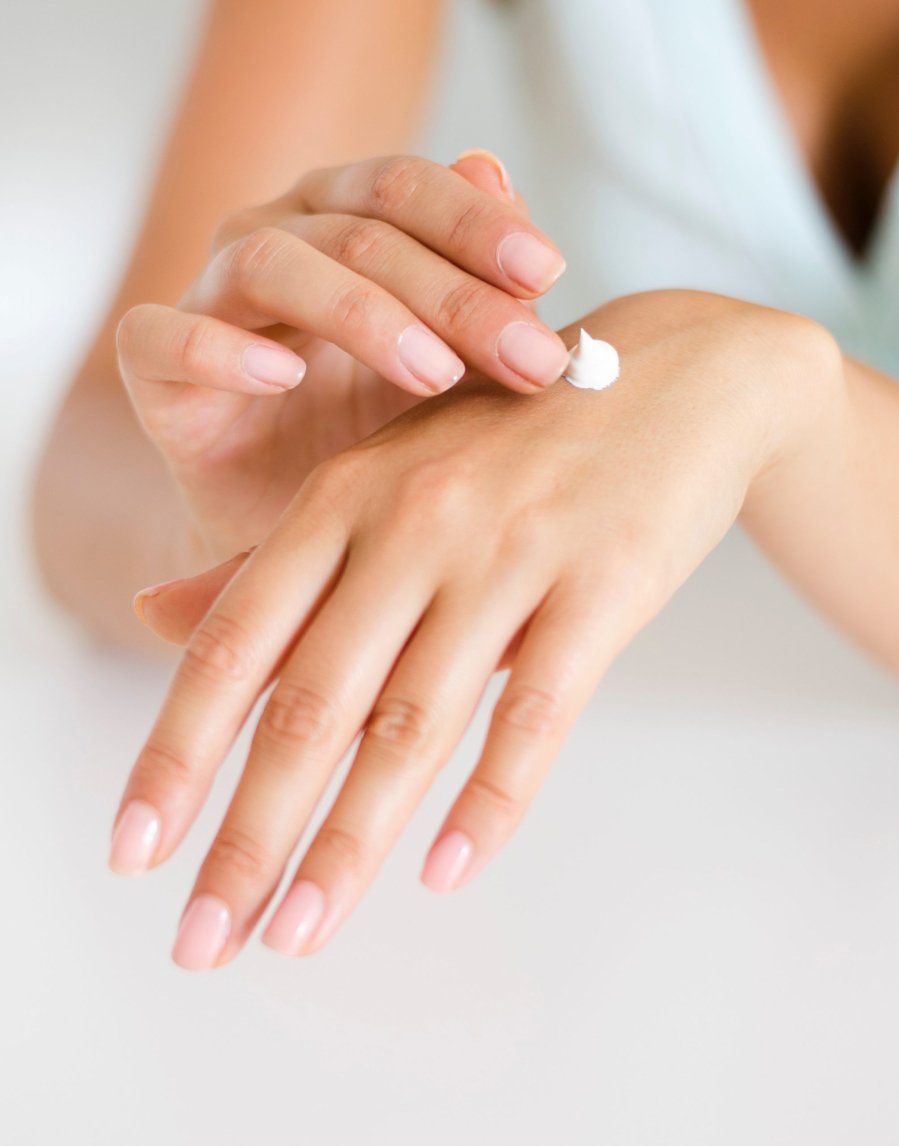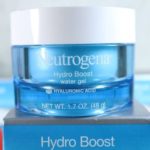Retinol: Powerful but Handle with Care
While retinol is a powerhouse ingredient for anti-aging, it can also cause side effects such as redness, dryness, and peeling. It’s important to adjust how and when you use it. Additionally, a pea-sized amount is sufficient for your entire face.

Retinol can cause side effects like redness and dryness, so use it carefully.
Chill Your Eye Cream, Not Your Eye Masks
If you’re aiming to reduce puffy eyes, instead of chilling your eye cream, opt for chilling eye masks or eye massage tools. These can retain cold temperatures for longer, providing a more effective treatment.
Price Tags and Product Quality
While it’s not always true that expensive products are better, it depends on the ingredients. For instance, vitamin C requires sophisticated formulation to be effective, so investing in a pricier option might be wiser.
Oily Skin Still Needs Moisturizer
Oily skin can still be dehydrated. In fact, skin often overproduces oil to compensate for a lack of hydration. Moisturizing oily skin helps balance the skin’s moisture levels. For best results, choose a lightweight, oil-free moisturizer.
Understanding SPF: It’s Not Just About the Number

SPF measures protection against UVB rays, not UVA rays.
Higher SPF doesn’t always mean better sun protection. Firstly, remember that SPF specifically measures protection against UVB rays, which cause sunburns, not UVA rays, which also contribute to skin damage.
Organic Doesn’t Always Equal Safe
Natural skincare products often lack regulation regarding ingredient concentrations and may contain essential oils that trigger allergic contact dermatitis in some individuals. Additionally, the absence of preservatives makes these products more susceptible to bacterial, mold, and yeast growth. If you opt for natural products, pay close attention to expiration dates, as they may not last as long as their conventional counterparts.


































